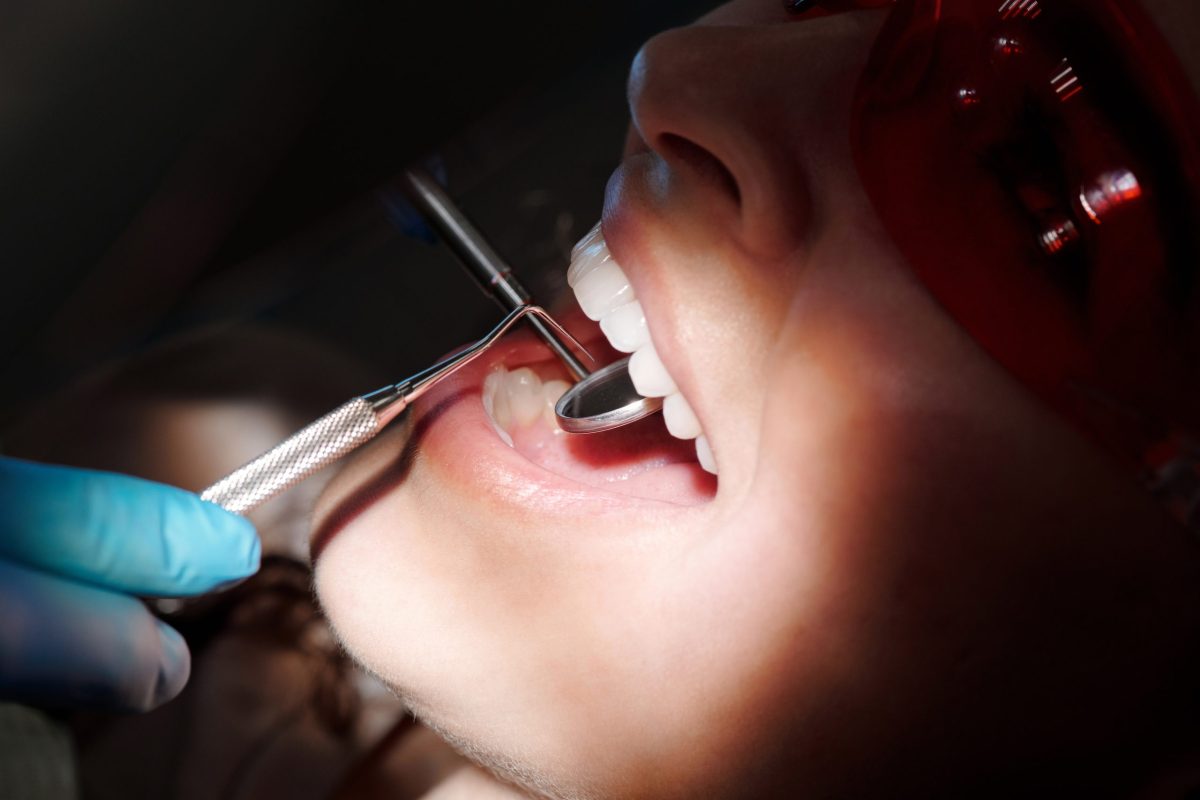It is a procedure that has saved thousands of teeth and in doing so, it has allowed thousands of dental patients to smile with confidence. Yet it is still disliked by almost all dental patients and very unfairly so.
Of course, the treatment in question is the root canal.
Any dentist Wagga will tell you about the benefits that this procedure can offer to you, should you need it. Yet many dental patients still regard it as a scary treatment, likely to cause discomfort. This is of course not the case. And dental teams are eager to educate patients about what root canals are. So read on for a short guide.
What are root canals?

A root canal, or endodontic procedure, involves removing the source of an infection from the pulp of a tooth. This is achieved by drilling into the tooth from the top and using cleaning devices to remove the infection. The tooth remains in the mouth, allowing for function and aesthetics to be maintained.
Endodontics: a typical treatment
During a standard treatment, your dental team will first take X-rays. This will allow them to see the damage to the tooth due to either trauma or the infection.
Next, you will likely be prescribed antibiotics. This will help to control the infection until your next dental appointment, which should occur within a week.
At this appointment, the area will be numbed and your dental team will begin slowly drilling down through the tooth to reach the root or the pulp. Once they have access, they will begin removing the infected material using specialised cleaning tools. This is the fiddly part and can take up to an hour.
Once cleared, your tooth will be filled with gutta-percha. Then, the tooth is topped with either a filling or crown and the treatment has been completed.
Aftercare
The aftercare of a root canal is relatively straightforward.
For about 3 to 4 days following the fitting, the area around where the procedure was performed will fill sore and bruised.
Be sure to maintain your hygiene, however, and if you have concerns that the infection may be coming back, seek out urgent dental care.
As a side note, if you are planning to have your teeth whitened, you may want to delay this until at least 2 months after a root canal. As the area is still healing, a procedure such as whitening can heighten discomfort.
Potential complications
The roots in the mouth can be complex. Especially with the molar teeth.
Many are curved and twisted and some people even have more than 4 roots! This will be spotted by your dental team during the early stages of treatment through an X-ray. If they cannot successfully perform the procedure, they should refer you to a specialist endodontist. That way, you can have your root canal fitted and the chances of the infection recurring are reduced.
Longevity
With correct aftercare, a root canal can easily last the rest of your life without issue. Just be sure to maintain good oral hygiene and attend dental check-ups as and when you need to.
If you have concerns that the tooth that you had the root canal performed on is becoming reinfected, then seek out a same-day dental appointment.
DISCLAIMER OFFSITE
Any surgical or invasive procedure carries risks. Before proceeding you should seek a second opinion from an appropriately qualified health practitioner.




